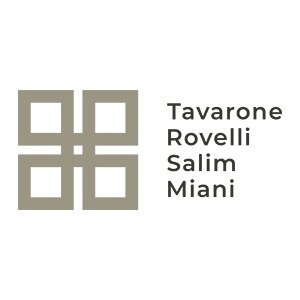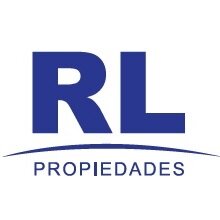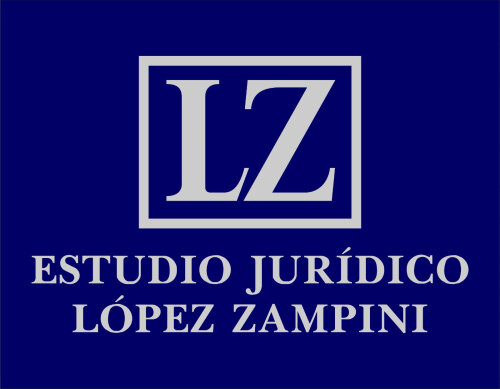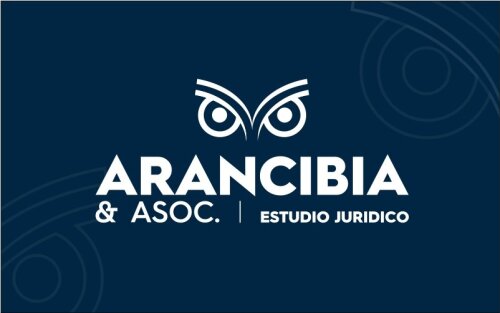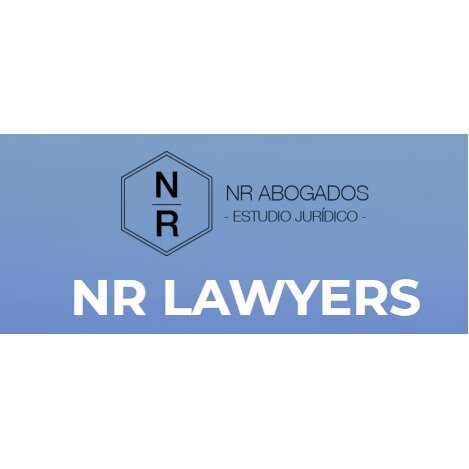Best Legal Document Lawyers in Argentina
Share your needs with us, get contacted by law firms.
Free. Takes 2 min.
Or refine your search by selecting a city:
List of the best lawyers in Argentina
About Legal Document Law in Argentina
Legal Document law in Argentina governs the creation, management, and interpretation of documents that have legal significance. This area of law involves contracts, wills, deeds, and other formal writings that are used to prove or establish specific legal facts. In Argentina, legal documents have to comply with local norms and standards to be valid and enforceable. This includes adhering to language requirements, ensuring the correct use of format and structure, and meeting any specific criteria applicable to the type of document being addressed.
Why You May Need a Lawyer
Hiring a lawyer for dealing with legal documents in Argentina is often advisable in situations such as drawing up real estate transactions, drafting or interpreting contracts, establishing an estate plan, or navigating through immigration paperwork. Lawyers ensure that legal documents are properly drafted and enforceable under Argentine law, help avoid legal pitfalls, and can represent interests in case of disputes or litigation.
Local Laws Overview
In Argentina, legal documents are subject to national and provincial laws, which may differ depending on the jurisdiction. Key laws impacting legal documents include contract law, property law, and succession law. The Civil and Commercial Code of 2015 is significant in defining how contracts are formulated, interpreted, and enforced. Additionally, Argentine law recognizes the importance of specific formalities and certifications, such as notarization, which may be required for certain documents to be valid.
Frequently Asked Questions
1. What are the formal requirements for a contract in Argentina?
In Argentina, contracts typically must include the mutual consent of parties, a lawful object, and a determined way of expressing agreements. Certain contracts need written forms and notarization.
2. Is it necessary to have legal documents notarized in Argentina?
Yes, some legal documents require notarization to ensure their validity, such as property deeds, powers of attorney, and wills.
3. Can foreign documents be used in Argentina?
Foreign documents can be recognized in Argentina provided they undergo proper legalization or apostillation, including translation by a certified translator if not in Spanish.
4. How does the Argentine Civil and Commercial Code affect legal documents?
The Code sets the framework for drafting, interpreting, and enforcing contracts and other legal documents within Argentina.
5. Do electronic contracts hold validity in Argentina?
Yes, electronic contracts are valid but must satisfy certain criteria for consent, legality, and authenticity, meeting applicable digital signature standards.
6. How can I ensure a will is valid in Argentina?
To be valid, a will must be made in writing, signed by the testator, and witnessed as required by law. Consulting with a lawyer is recommended.
7. What role does a notary play in legal documents in Argentina?
A notary verifies identities, witnesses signings, and certifies documents to ensure their authenticity and compliance with Argentine legal standards.
8. How do I draft a power of attorney in Argentina?
Drafting a power of attorney requires specific language and must often be notarized. Consulting with a lawyer ensures it meets all legal requisites.
9. Are there specific laws for real estate documents in Argentina?
Yes, real estate transactions involve specific requirements including registration, notarization, and adherence to provincial property laws.
10. What should I do if I'm involved in a contract dispute?
If involved in a contract dispute, seek legal advice to understand your position, explore negotiation or mediation, or prepare for litigation if necessary.
Additional Resources
For further assistance, consider reaching out to the Colegio de Abogados (Bar Association) for lawyer referrals, or consulting with the Justicia Argentina website for official guidelines and updates on legal document law. The Registro Nacional de las Personas can also provide information regarding notarization and document verification.
Next Steps
If you need legal assistance with legal documents in Argentina, consider scheduling a consultation with a qualified lawyer who specializes in the relevant area. Gather all potential documents and information in advance to facilitate efficient legal advice. Assess whether the situation requires immediate legal intervention, and discuss potential strategies and outcomes with your lawyer.
Lawzana helps you find the best lawyers and law firms in Argentina through a curated and pre-screened list of qualified legal professionals. Our platform offers rankings and detailed profiles of attorneys and law firms, allowing you to compare based on practice areas, including Legal Document, experience, and client feedback.
Each profile includes a description of the firm's areas of practice, client reviews, team members and partners, year of establishment, spoken languages, office locations, contact information, social media presence, and any published articles or resources. Most firms on our platform speak English and are experienced in both local and international legal matters.
Get a quote from top-rated law firms in Argentina — quickly, securely, and without unnecessary hassle.
Disclaimer:
The information provided on this page is for general informational purposes only and does not constitute legal advice. While we strive to ensure the accuracy and relevance of the content, legal information may change over time, and interpretations of the law can vary. You should always consult with a qualified legal professional for advice specific to your situation.
We disclaim all liability for actions taken or not taken based on the content of this page. If you believe any information is incorrect or outdated, please contact us, and we will review and update it where appropriate.
Browse legal document law firms by city in Argentina
Refine your search by selecting a city.



